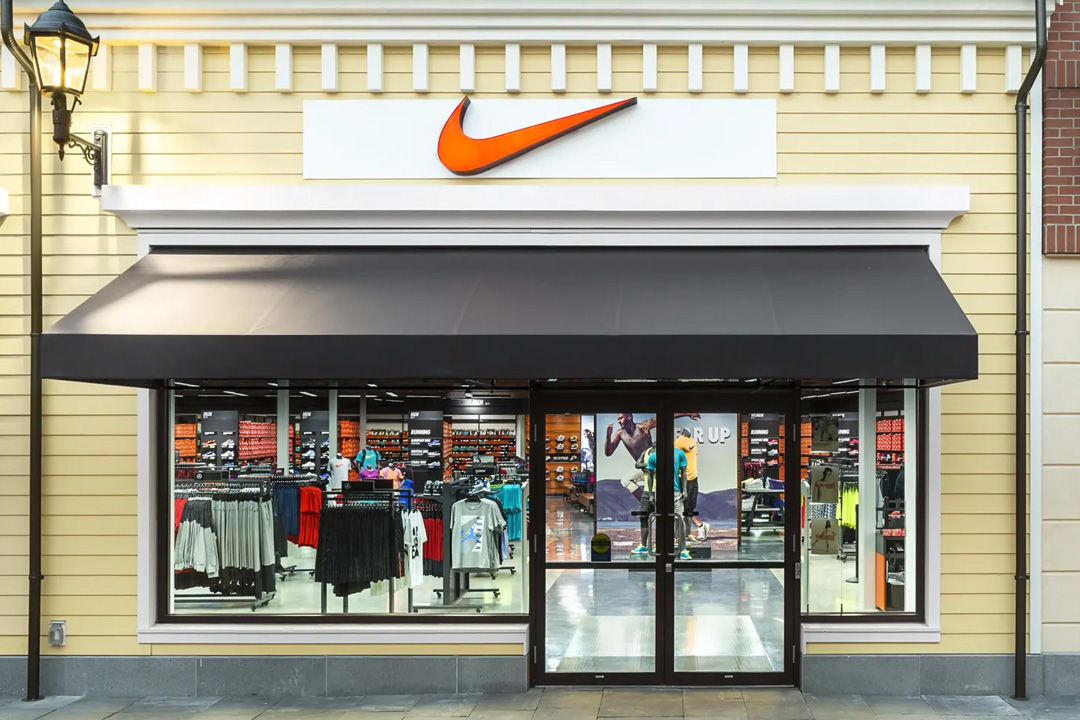This post may contain affiliate links. Please read our disclosure policy.
(Lead via Nike)
The Canadian Ombudsperson for Responsible Enterprise (CORE) has initiated an investigation into allegations that Nike Canada is connected to businesses profiting from forced Uyghur labor in China, per Sourcing Journal. This marks the first investigation by the CORE, which was established in 2019 to hold Canadian companies accountable for potential human rights abuses in their overseas operations.
Sheri Meyerhoffer, who has led CORE since its inception, spoke at a press conference on Tuesday, detailing the launch of a formal probe following the completion of an initial assessment report, which details potential supply relationships between Nike Canada and six Chinese companies: Changji Esquel Textile Co., Huafu Fashion, Haoyuanpeng Garment Group, Texhong Textile Group, Qingdao Jifa Huajin Garment Co. and Qingdao Taekwang Shoes.
In the United States, both Changji Esquel Textile Co. and Huafu Fashion’s Aksu Huafu Textiles subsidiary are on the Uyghur Forced Labor Prevention Act Entity List.
The investigation follows a complaint filed by a coalition of organizations, including Stop Uyghur Genocide Canada, the Uyghur Refugee Relief Fund, and the Uyghur Rights Advocacy Project.
The complaint presented evidence from reports by the Australian Strategic Policy Institute in 2020 and Sheffield Hallam University’s Helena Kennedy Centre for International Justice in 2021, alleging that Nike Canada failed to ensure it was not benefiting from forced labor and did not cut ties with certain companies associated with the Xinjiang region.
Nike Inc., the parent company of Nike Canada, stated that it does not source materials or products from the Xinjiang region and conducts ongoing precautions to identify forced labor risks.
The Swoosh also specifically denied working with three of the companies cited in the report — Changji Esquel Textile Co., Haoyuanpeng Garment Group, and Qingdao Jifa Huajin Garment Co..
However, the CORE found conflicts in available information and deemed further examination necessary. The assessment highlighted bills of lading from a Vietnamese factory owned by one of the companies cited, indicating the need to investigate the relationship between Nike and the company.
Nike declined to participate in a mediation process, but later requested a meeting and the opportunity to provide a written submission after receiving a draft of the initial assessment report.
The CORE declined Nike’s request as the Canadian organization believes it would have delayed the timing of the report’s release.
“Nike has responded to [the] CORE’s inquiries,” a spokesperson told Sourcing Journal. “While there are factual inaccuracies in their latest report, we’ll continue to participate as these are important multi-stakeholder discussions, and Nike is deeply committed to ethical and responsible manufacturing, which includes both supply chain due diligence and traceability programs.”
The Swoosh’s failure to cooperate with the CORE has caused the organization to analyze Nike’s practices and its relationships through a “range of investigative methods.”
“I have not prejudged the outcome of the investigations,” Meyerhoffer said at the press conference. “We will await the results and then publish final reports with my recommendations to the companies. We will also make recommendations to the minister of international trade if appropriate. I have the authority to make recommendations to remedy harms resulting from human rights abuses and to prevent them from happening again. If I make recommendations, we will follow up on them and report whether or not they are implemented.”
This investigation adds to recent scrutiny of Nike’s labor practices. In March, a group of garment-sector unions filed an international labor complaint accusing Nike of violating responsible business conduct guidelines. The unions alleged that Nike contributed to “severe human rights impacts” at contracted factories.
Canada has been strengthening its forced labor laws. In May, it passed its first reporting legislation for modern slavery and child labor, set to begin in January 2024. North America as a whole has committed to combating forced labor under the United States-Mexico-Canada Agreement.
“Canadians have strong values when it comes to respecting human rights and Canada’s responsible business abroad strategy is clear,” Meyerhoffer said, adding that the CORE will roll out the other investigations in the coming weeks. “Canadian companies are expected to respect Canadian standards for human rights and environmental protection when they work outside of Canada. It is the CORE’s mission to resolve complaints in a fair and unbiased manner in order to help those impacted and to strengthen responsible business practices.”




